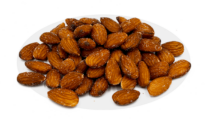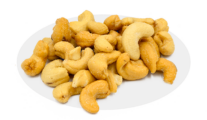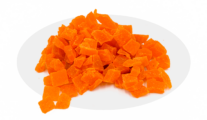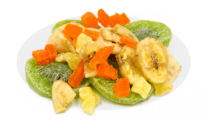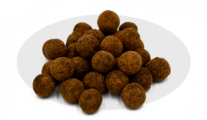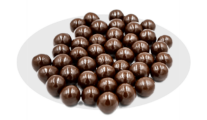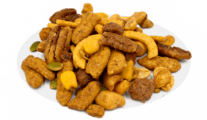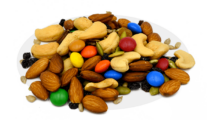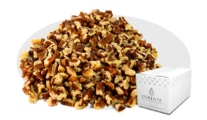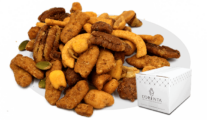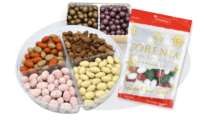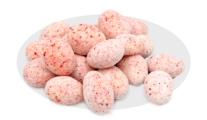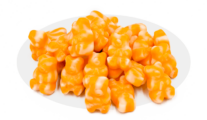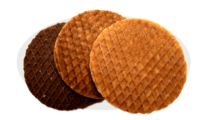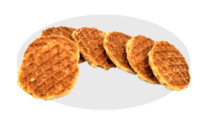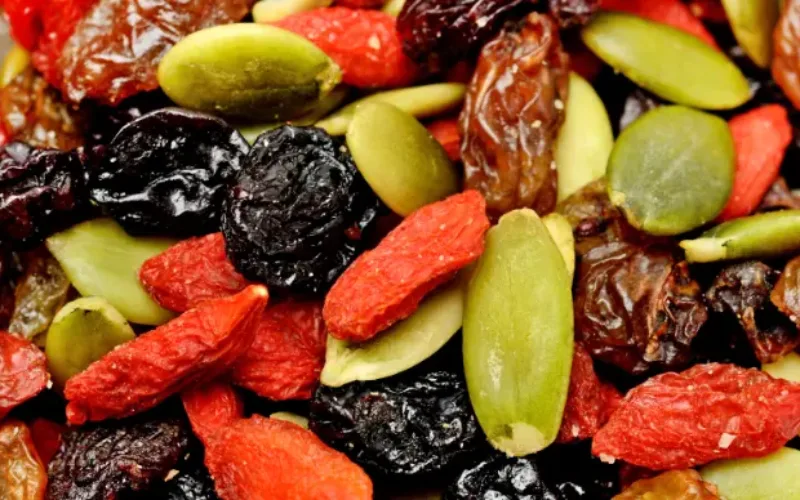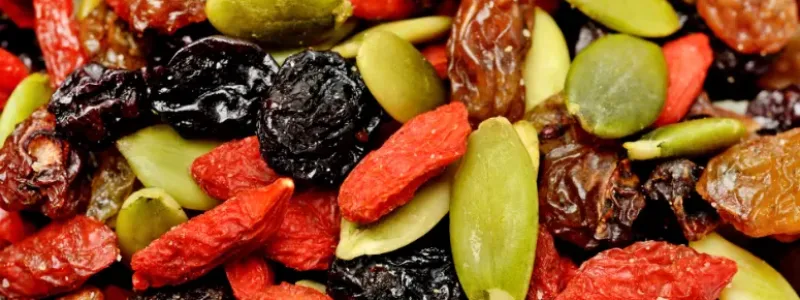Written By Sam Henselijn
Squash vs Pumpkin Seeds How are They Different? Are pumpkins and squash the same thing? Although the differences may not be obvious, there are several differences between the two. We’ll break them down in this article. Squash vs. Pumpkin seeds: How are they different?
Both are fruits and come from the genus Cucurbita, of the family Cucurbitaceae. Similarly, their seeds grow on a vine. The first notable difference is the steam. Pumpkins have a more rigid and sharper stem than squash.
There’s a great variety of squash, ranging in sizes, shapes, and colors. Some popular ones include butternut squash, acorn squash, and muscat squash, to name a few. In fact, pumpkins are also a part of the squash family.
Squash vs Pumpkin Seeds How are They Different?
Pumpkin seeds are known as an excellent source of fatty acids, vitamins, and minerals. All in all, they have an incredible nutritional value and great flavor that makes them super popular and versatile.
Squash seeds are also delicious – and good for you! If you’re cooking with squash, you can easily save the seeds to be roasted and salted later. They’re most commonly used in soups, salads, and desserts.
Pumpkin seeds facts
Eating pumpkin seeds can, in fact, help with your weight loss journey. They are a great snack for burning fat and gaining muscle. Highly satiating and rich in zinc, calcium, protein, and fibers, the little seeds are powerful. Fiber not only helps your digestive system function correctly, it also makes you feel less hungry throughout the day. Additionally, the magnesium present in pumpkin seeds can lower blood sugar levels and, consequently, reduce the risks of diabetes.
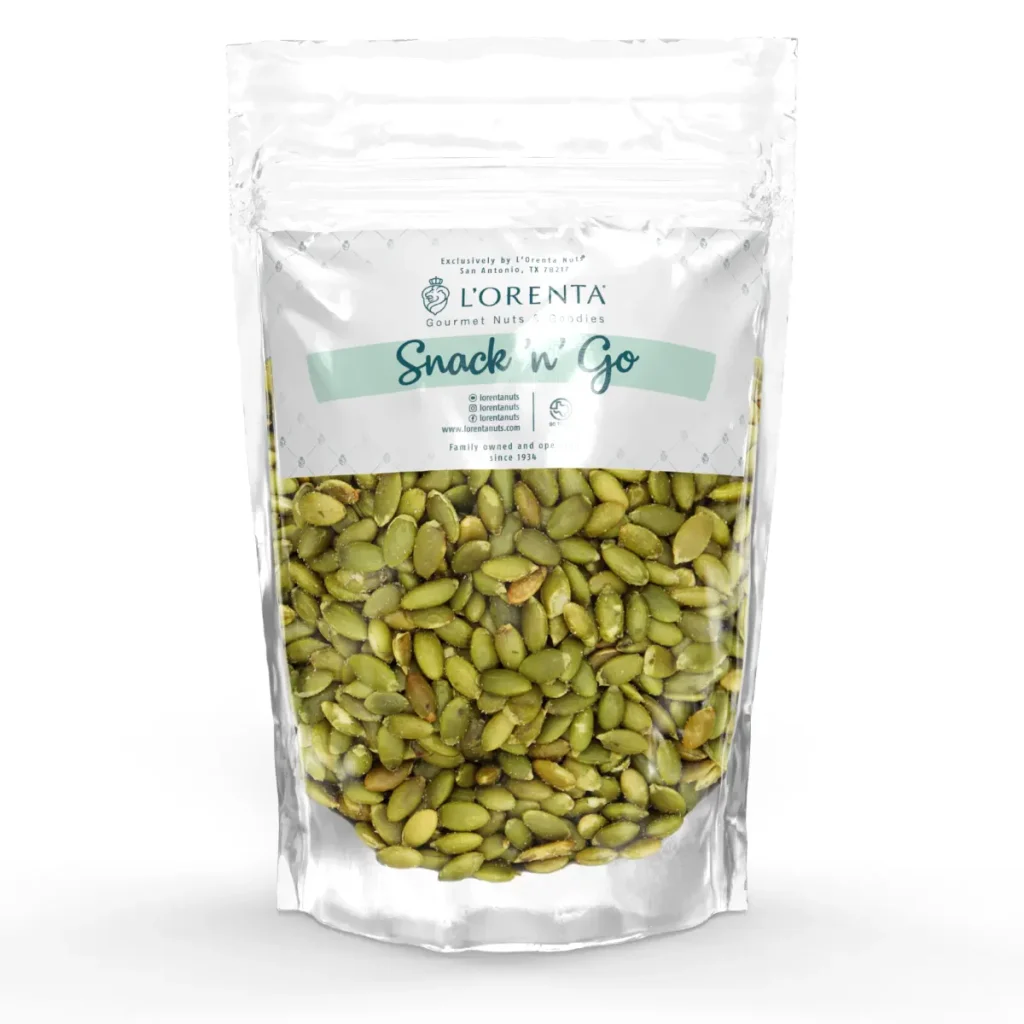
Butternut squash seeds facts
Butternut squash is one of the most popular winter squash varieties. They’re grown mostly in warmer climates of South and Central Americas. Once harvested, they’re used for their edible fruits, blossoms, and seeds.
The seeds are similar to pumpkin seeds, being equally nutritions. In fact, they contain almost 30% protein. Butternut squash seeds are also a good source of dietary fiber and “good-for-your-heart” mono-unsaturated fatty acids. Additionally, they’re rich in tryptophan, a health-promoting amino acid. Tryptophan converts to health benefiting GABA neurochemicals in the human brain.
Acorn squash seeds facts
Yes, the seeds in acorn squash are edible. They’re also pretty calorie-dense, which could be beneficial to someone trying to gain weight. Nutritionally, these seeds provide a blend of protein, carbohydrates and fat. Consuming them as part of a varied, healthy diet, may support several body functions.
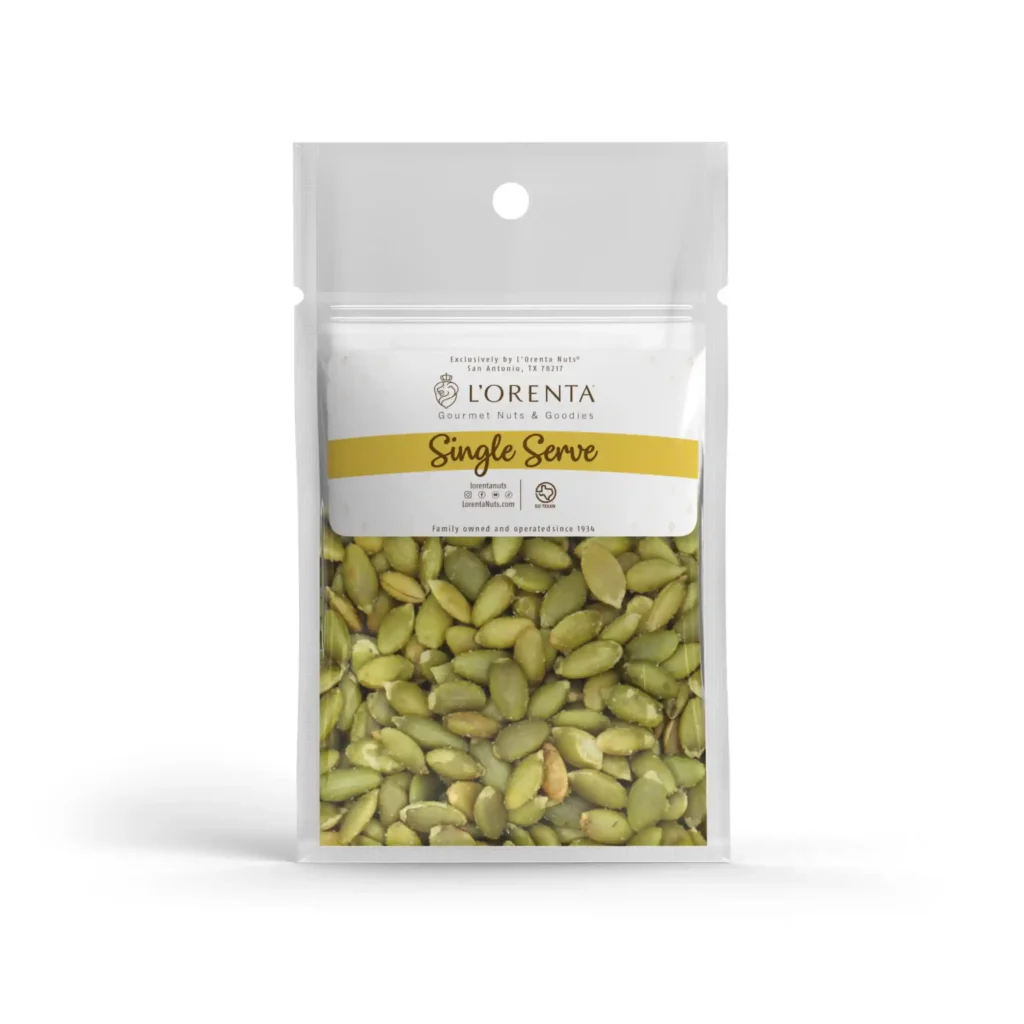
Final Thoughts
For such tiny things, seeds can really promote some major impacts on your body. Seeds are good sources of healthy fats, fiber and minerals. Pumpkin seeds and other squash seeds are all loaded with iron, calcium, and magnesium. Studies also indicate that these particular seeds can help lower your LDL, or bad cholesterol, and prevent muscle weakness. All in all, the nutritional profiles for this family of seeds is very similar and they all offer some health benefits.
-Butternut squash seeds are a great source of fiber and protein. A quarter cup of these seeds contains 4 grams of fiber and 3 grams of protein.
-One cup of pumpkin seeds provides almost all your daily needs for zinc and more than half your daily need for magnesium and a whopping 588 mg of potassium!
-The oils in acorn squash seeds are 75 percent linoleic acid and oleic acid, naturally polyunsaturated and monounsaturated.
Sam Henselijn Author’s Biography – Meet L’Orenta Nuts CEO
Copyright 2024 L’Orenta Nuts
L’Orenta Nuts proudly holds the SQF food safety certification, symbolizing our unwavering dedication to upholding the highest standards of food safety and quality. This certification guarantees that our products undergo rigorous scrutiny, ensuring transparency, traceability, and adherence to global food safety regulations for the utmost consumer confidence.
L’Orenta Nuts has the HACCP (Hazard Analysis and Critical Control Points) certification is a systematic approach to identifying, evaluating, and controlling food safety hazards. It ensures that food products are produced and handled in a manner that minimizes risks and complies with safety standards.
Our GMP (Good Manufacturing Practices) certification ensures that a manufacturing facility adheres to comprehensive quality and safety standards while producing pharmaceuticals, food, and other consumer goods, promoting consistency, quality, and compliance with regulatory requirements.
L’Orenta is an FDA-approved manufacturing facility and has met the rigorous standards set by the U.S. Food and Drug Administration. It demonstrates compliance with regulations, ensuring the production of safe and high-quality food products.


